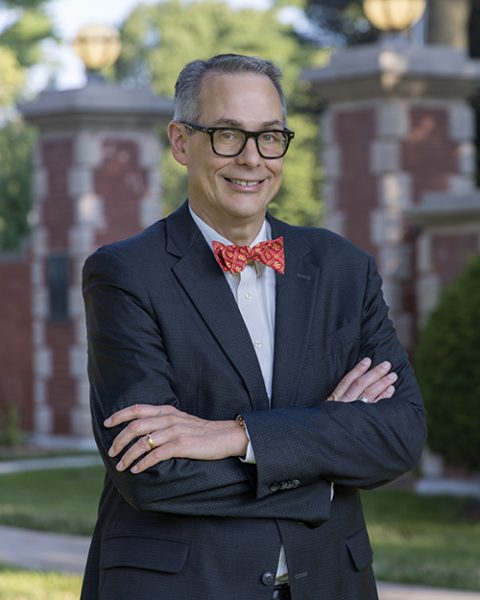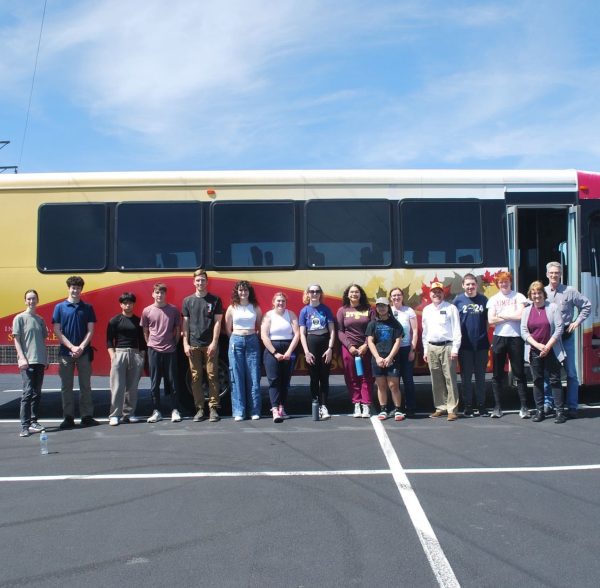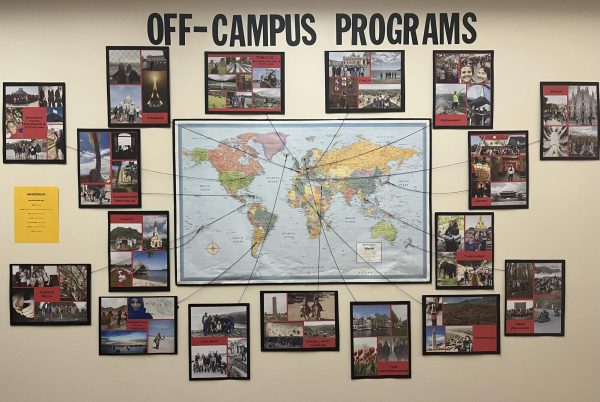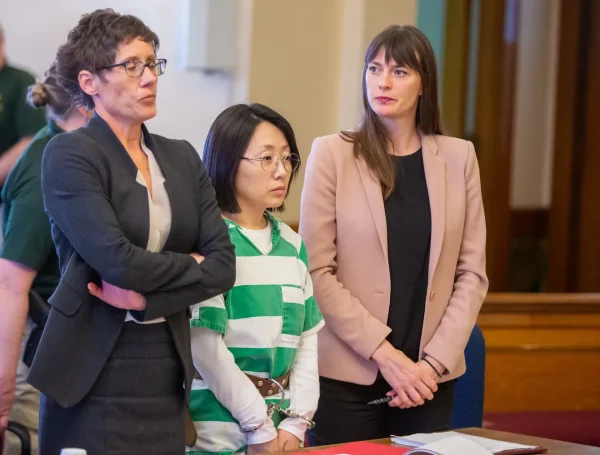Rotaract Club plans to buy Nigerian high school computer lab
April 7, 2016
Knowledge for Nigeria is a project within the Rotaract Club at Simpson College. The primary goal behind it is to pay for textbooks for kids at elementary schools, middle schools and high schools.
The project began when Ishaya David, co-chair of the international service committee and international student from Nigeria, took an interest in the idea.
For the most part, it was his interest that started the project, but the club also needed an international service project.
As a club, they do both local service projects and international service projects, as the organization itself is international.
Robert Lyons, student body president, also had a lot to do with the project.
“What was really cool and unique about this project was that it was our project,” Lyons said. “No one in our group had ever done something to this magnitude before. No one had ever created this kind of outreach with no help.”
Lyons emphasized that the project wouldn’t be nearly as successful, or possible, without the help of David. The club held some fundraisers and accepted donations for this project, most of the donations coming from the Indianola Rotary Club and Indianola Lions Club, raising a total of $1,200 for the textbooks that would be sent to three elementary schools and a few middle schools in Nigeria.
Matt Christen, who works directly on the project, said with the issue of internet fraud, they decided against wiring the money and simply gave the earnings to David for when he would return home.
That way, he could personally buy the books from a local vendor and contribute to the local economy.
He also hired a videographer and photographer to follow him around as he delivered the books.
“It was really exciting to see how excited the kids were, you know?” David said. “If I give you a notebook, it’s not a big deal. You can buy it and afford it anytime you want, but it was a really big deal for the kids.”
Ishaya keeps up with the progress by speaking with the principals of the schools frequently, and he’s happy to hear how things are going. He wants them to know that he’s always thinking of them.
Alongside buying the books, David would also visit the classrooms and talk to the kids before handing out the textbooks.
Before this project, he said that he and his brothers would visit villages to talk to kids about sex education, a taboo topic in Nigeria.
David also said that he had only learned about sex education in high school, as they don’t teach it in middle school.
A wide variety of textbooks were bought for various schools in Nigeria, ranging from biology to basic math, agricultural to chemistry, history to physics.
The club was able to buy 200 textbooks and 600 notebooks and deliver books to the kids, specifically in Filiya, Nigeria.
Twenty-five English textbooks were sent to every school, as well as 25 math textbooks, 10 biology textbooks, 10 chemistry textbooks, 10 physics textbooks, 10 accounting textbooks and 10 agriculture textbooks.
Before the project, children would have to share textbooks, most of them outdated.
The kids would also share notebooks, erasing each page for reuse and many times using the same notebook for several classes at once.
Because of the lack of resources, many kids in Nigeria wouldn’t be able to go to college.
By giving them the books, Lyons said, they’re being inspired and encouraged to continue to be inspired.
Once David moves on from Simpson, the club plans to have another international project or to find a way to fund the books with someone else.
They’ve already planned to purchase laptops for the high school’s computer lab in Filiya.
The typical classroom consists of 100 students and a total of five can use a computer at once with 10 computers in the lab total. The estimated cost is $5,000, but the club is confident they can raise the money.
David said, however, that he wants to continue to do other projects similar to this at other institutions once he moves on and also continue the tradition at Simpson. He thinks anyone will be welcome to continue the project.
















